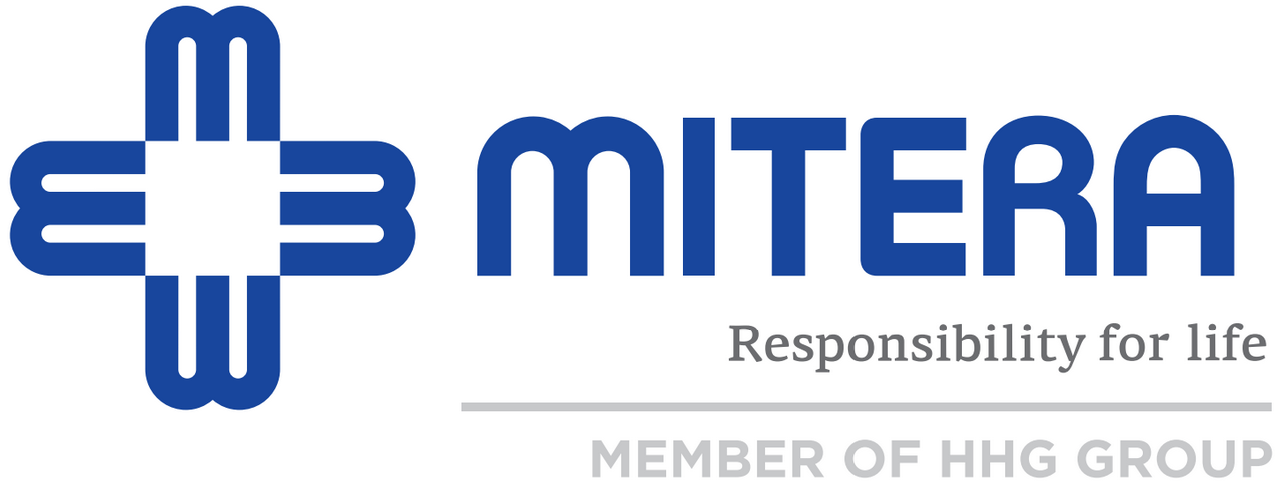MITERA Children’s Hospital: New Hereditary Hemolytic Anemia Department
A new Hereditary Hemolytic Anemia Department has been established within MITERA Children’s Hospital, a member of HYGEIA Group, for safer diagnosis of anemias, especially in childhood.
The new Department works closely with the HYGEIA Group Central Labs and is headed by Ms Alexandra Stamoulakatou, Biopathologist and former Coordinator/Director of the Agia Sofia Children’s Hospital Hematology Department.
Hemoglobinopathies make up the largest percentage of hereditary hemolytic anemias. They are not only related to childhood, but also to adulthood. These inherited hemoglobin disorders can be split into two major categories: Thalassemias, formerly known as Mediterranean anemias, which were coined from the Greek word thalassa (sea), since the condition was first observed in people of Mediterranean ethnicities, and anemias, which are due to abnormal structure of the hemoglobin, such as sickle-cell anemia, microdrepanocytic anemia and other rare hemoglobinopathies.
According to World Health Organization (WHO) statistics, around 7% of the population are carriers of various hemoglobinopathies, while approximately 500,000 new cases are diagnosed annually. In Greece, it is estimated that 8% of the population are carriers of alpha and beta thalassemias, while local rates range between 5% and 20%, which are quite high for a Western-world country.
As noted by the Head of the MITERA Children’s Hospital Hereditary Hemolytic Anemia Department, Ms Alexandra Stamoulakatou, “Thalassemias and drepanocytic anemias are the most commonly encountered single-gene blood disorders worldwide, so diagnosis and treatment of patients constitutes a major public health issue. Prevention is the key to limiting hemoglobinopathies. This means early, accurate and reliable diagnosis of carriers (heterozygous), as well as proper genetic guidance to prevent the birth of affected children. In countries such as Greece, where these disorders are considered endemic, safe and reliable diagnosis is more than imperative.”
Diagnosis of these anemias is a complex procedure, which is based on a series of general and special lab tests. The whole family often needs to be tested for safer diagnosis.
Contact T: +30 210 686 9404, 210 686 9563, 210 686 9564 Email: erpaediatric@mitera.gr


